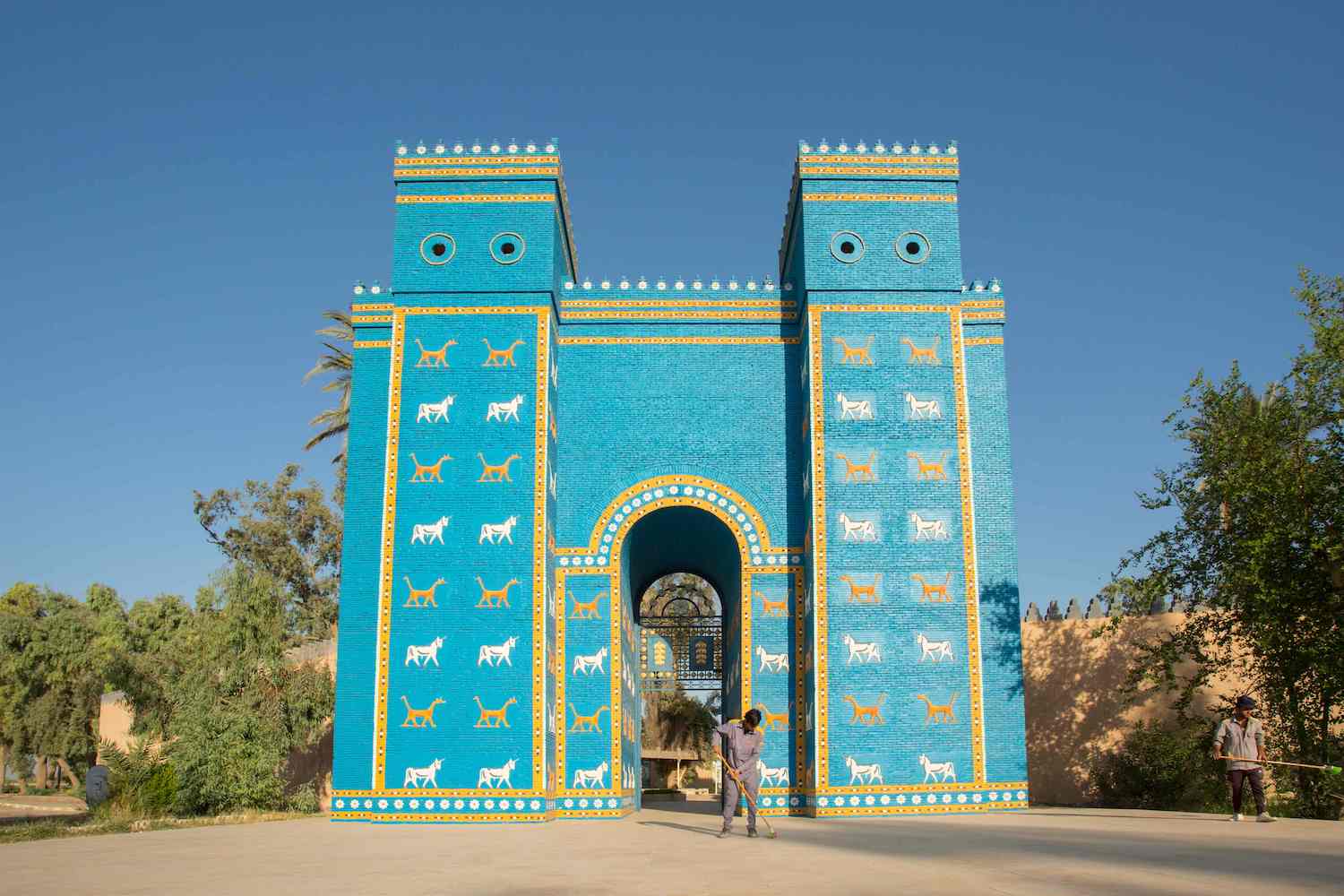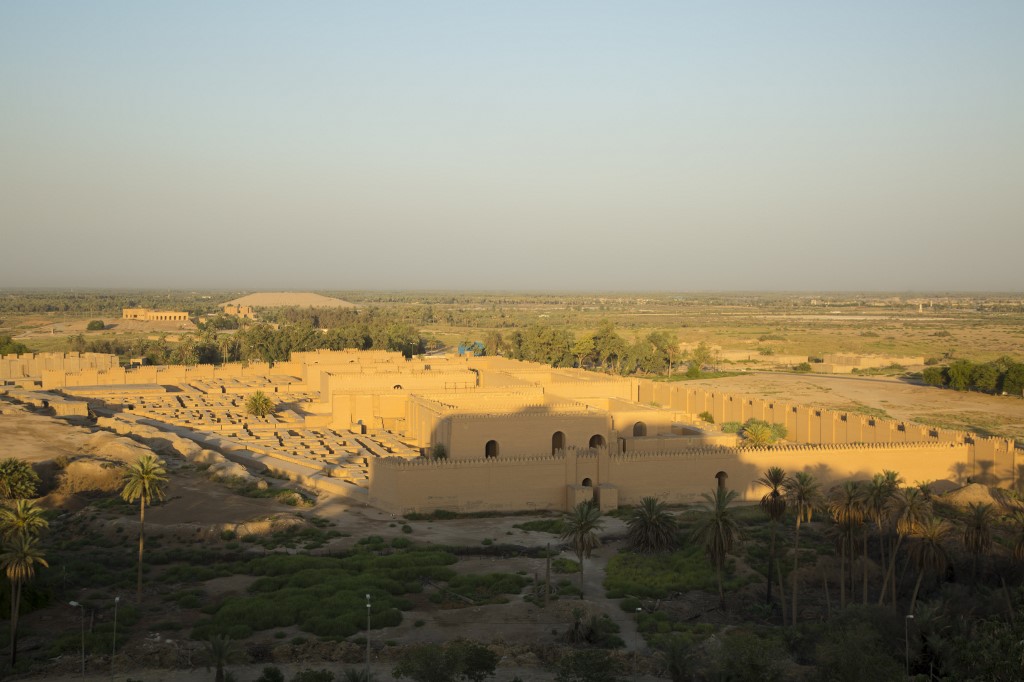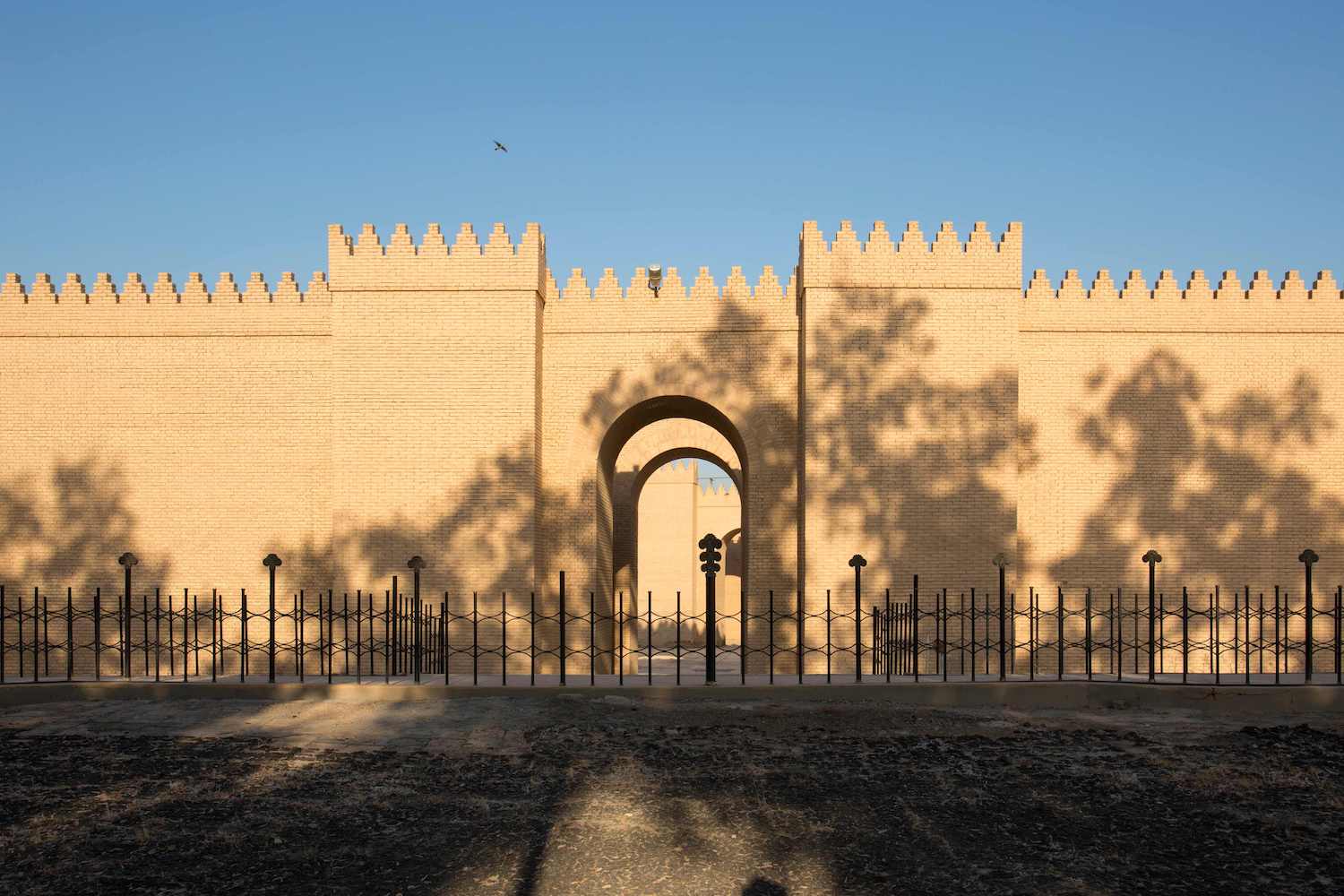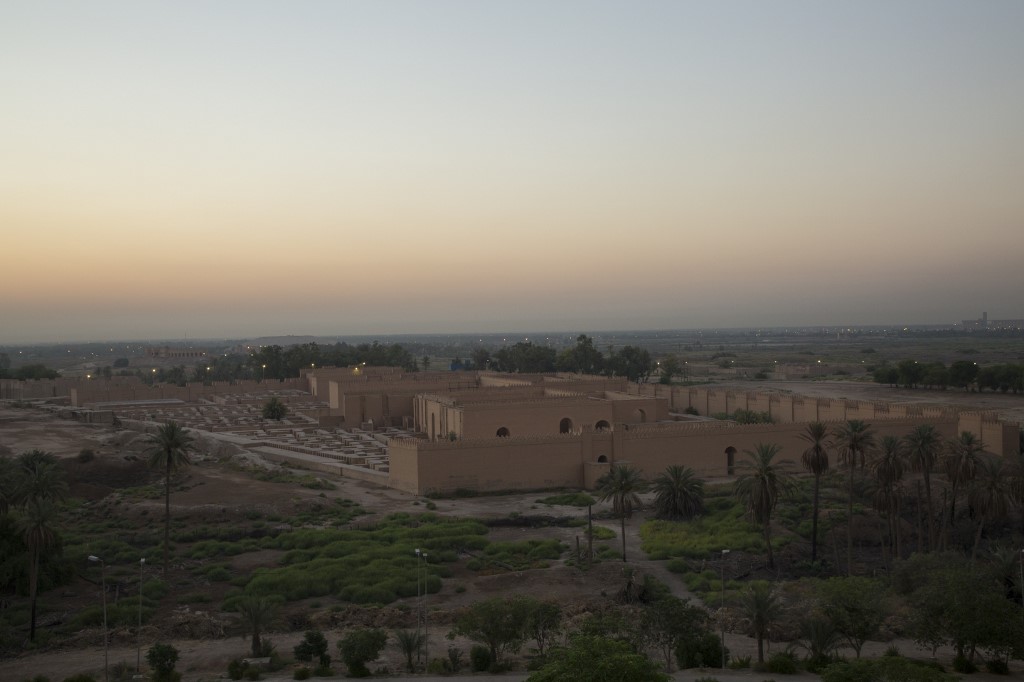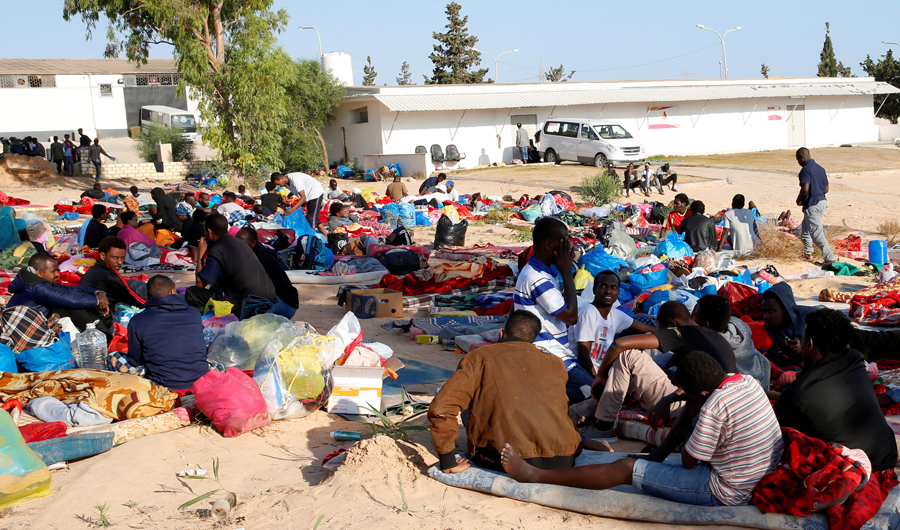AMMAN: Palestinians welcomed the initiative made by Japan’s Foreign Minister Taro Kono in the exclusive interview he gave to Arab News about his country’s interest playing the role of an “honest broker” in helping to resolve the Palestinian-Israeli conflict.
Saeb Erekat, the secretary of the executive committee of the PLO, told Arab News that Japan is a country that has shown a ‘tremendous commitment’ to peace and the two-state solution.
“They have invested in the development of institutions in Palestine and have kept a position against Israeli settlements,” Erekat said. “We welcome their position which is consistent with the peace plan presented by President Abbas before the Security Council in February 2018, calling for a group of countries to facilitate the peace process as we are not going to accept the United States to play this role.”
Ibrahim Milhem, spokesman of the Palestinian Prime Minister Mohammad Shtayyeh, noted that the premier met a Japanese delegation that included the Middle East peace envoy Masahiro Kono and Japan’s head of diplomatic mission in Ramallah Takeshi Okubo. In a statement after the meeting on Wednesday the Palestinian prime minister noted his appreciation of the bilateral relations between both sides. “Shtayyeh praised the continuous political and economic support from Japan, especially their support in the building of the institutions of the state of Palestine,” the statement concluded.
Ahmad Deek, political affairs advisor of the Palestinian Foreign Ministry, said that the ministry “welcomes” the calls made by the Japanese foreign minister. In answer to a question by Arab News, Deek said, “we welcome the suggestion made by the foreign minister because we believe that any movement is helpful.” Deek noted that Palestinians yearn for peace and welcome support from “our international friends so long as it is not limited to only the Americans.”
Hanna Issa, director of Islamic-Christian Commission for Support of Jerusalem, said that Japan’s position is the correct one. “Both the Israeli and American positions are constantly changing and therefore it is important to have a country that is neutral like Japan, which supports the two-state solution and has shown its backing on projects in support of Palestinian statehood.”
The Japanese delegation to Palestine has met a number of senior Palestinian officials and observed Japanese funded projects. Japan is a major supporter of Palestinian agriculture through its efforts to help agricultural exports, especially from the Jordan valley area. They also attended the first conference on Cooperation among East Asian Countries for Palestinian development (CEAPAD) held in Palestine.
Minister of Foreign Affairs and Expatriates Riyad Malki opened the conference, stressing that CEAPAD is an effective model for building bridges of communication and transferring successful experiences in East Asia to Palestine to support the two-state solution.
Malki said that the initiative of the CEAPAD conference gives hope to the Palestinian people, especially in light of Israel’s control over the Palestinian economy.He added that with the help of the countries participating in the conference they hope to move from a state under occupation to a developed country achieving development freely and with dignity.
The first CEAPAD conference was first held in the Japanese capital Tokyo in 2013; the second was in the Indonesian capital Jakarta in 2014, and the third in the Thai capital Bangkok in 2018.
CEAPAD member states include: Japan, Indonesia, Malaysia, Thailand, Singapore, Vietnam, the Sultanate of Brunei and Palestine. The observer countries and organizations are: South Korea, Egypt, Jordan, the International Quartet, UNRWA and the Islamic Development Bank.
